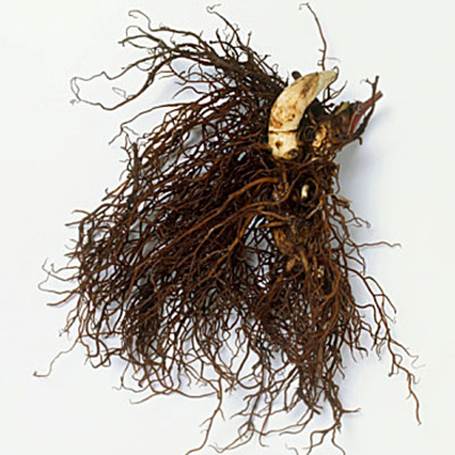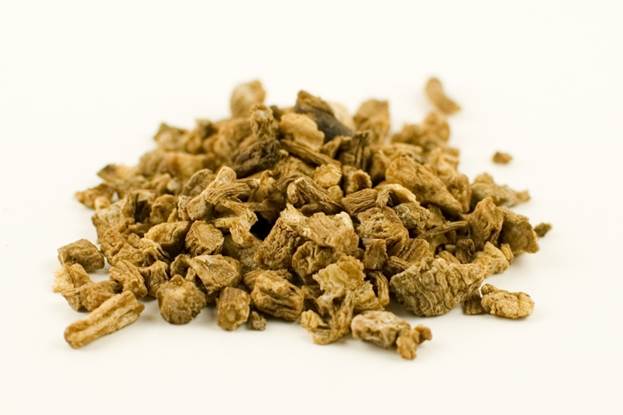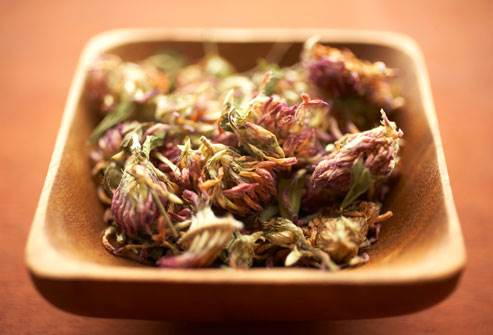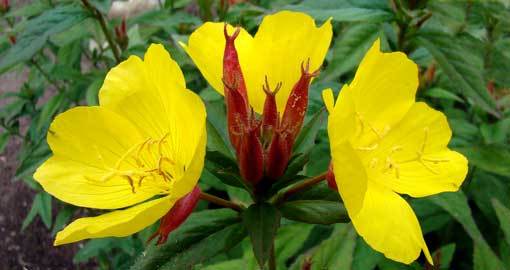Menopause is the time in a woman’s life when the reproductive
cycles change and the periods end. Natural menopause starts when the woman is
at 45 years old to 55 years old. Menopause can happen gradually or suddenly.
All women spend time with it in a different way, though the symptoms are
unusual periods, hot flash, seating at night, mood swing, tiredness, vaginal
dryness, weight gain and vertigo. Lots of herbal remedies can reduce the
symptoms of menopause.
Black cohosh
Black cohosh (Cimicifuga racemosa) is a type of perennial
herb which was discovered on the East of America. American Indians have used
this herb for centuries to treat many diseases from snake bites to indigestion.
Currently, the black cohosh is used as herbal restoratives to treat symptoms of
menopause. The part used is the dried roots, which are available in pills at
the pharmacies. Recommended dose is 20mg twice per day. Though it’s unclear how
black cohosh works, it seems to be effective in reducing many menopause
symptoms including sweating at night, hot flash, vaginal dryness, and swelling.

The part used is
the dried roots, which are available in pills at the pharmacies
Dong Quai
Dong Quai (Angelica sinensis) is sometimes called “ginseng
for women”. It’s a kind of perennial plant which grows in China and has been
used in oriental medicine of China for centuries as a restorative and to treat
diseases related to the reproductive system of women. It’s been proved to have
anti-inflammatory and antispasmodic attributes, which means that it reduce
swelling and the affection of cramp. It can also reduce the menopause symptoms
such as sweating at night and hot flash. It’s normally combined with black
cohosh. It’s available pill, and the recommended dose is 400 to 600mg/day.

Dong Quai
(Angelica sinensis) is sometimes called “ginseng for women”.
Red clover
Red clover (Trifolium pretense) is a kind of perennial
clover growing in Europe, Asia, Africa and also presented to North America. In
term of history, it’s been used to treat cancers as well as bronchitis and
other respiratory symptoms. Currently, red clover is used as a restorative to treat
symptoms of menopause such as hot flash, sweating at night. It can also reduce
the risk of osteoporosis. The recommended dose of red clover is 400 to 500mg/day.

Red clover
(Trifolium pretense) is a kind of perennial clover growing in Europe, Asia, Africa
and also presented to North America.
Evening primrose
Evening primrose is a perennial flower that lives in North
and South America. It’s become a common herb to treat lots of menopause
symptoms including swelling, flabby breasts, vaginal dryness, hot flash, mood
swings, and sweating at night. The recommended dose is 500mg each day. It
normally takes 4 to 6 weeks for you to see the effect of this herb.

Evening primrose
is a perennial flower that lives in North and South America.
Warnings
Possible side effects of black cohosh include nausea, flabby
breast, vertigo, weight gain and headache. Dong Quai can cause negative
reactions to those using it at high dose. They are skin dermatitis and
increased sensitivity to sunlight. Possible side-effects of red clover include
nausea and headache. Despite being not common, some side effects which have
been warned for using evening primrose include nausea, flabby breasts and
headache. If you have any of these side effects, you should stop taking the
restoratives and consult the doctors.